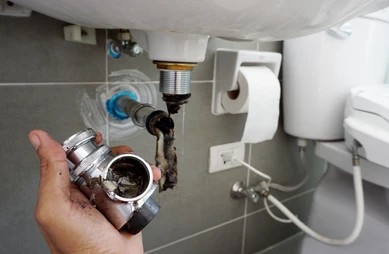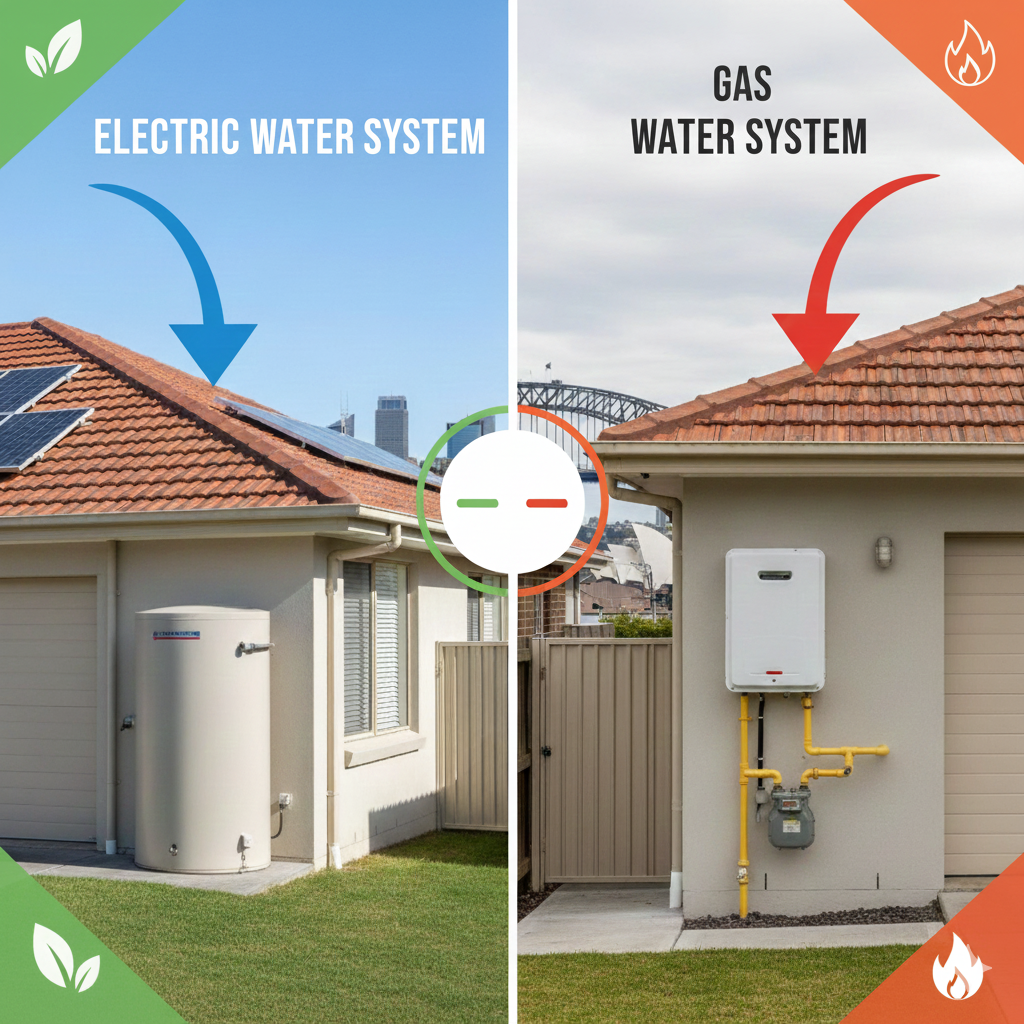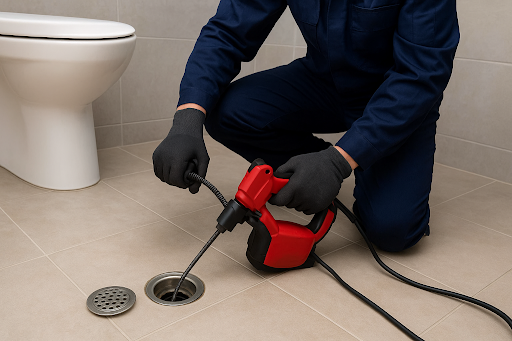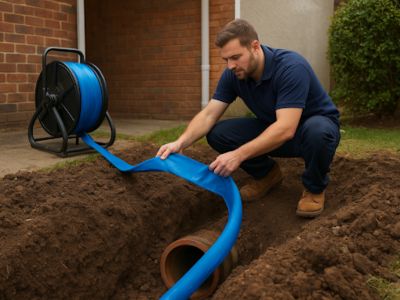Blocked drains are a common problem in many homes and businesses. What often starts as a slow drain can quickly turn into a complete blockage, causing unpleasant smells, water damage, and expensive repairs. By understanding the most common causes of drain blockages, you can take steps to prevent them before they become major plumbing issues.
Below are the top 7 reasons why drains get blocked and practical tips on how to avoid them.
1. Grease, Fat and Oil Build-Up
Grease and cooking oils are among the biggest culprits behind kitchen drain blockages. When poured down the sink, these substances cool and harden inside the pipes. Over time, they create sticky layers that trap food scraps and other debris, leading to a stubborn clog.
How to prevent it:
- Dispose of grease in a container rather than the sink.
- Wipe down pots and pans before washing them.
- Flush your drains regularly with warm water to help clear any buildup.
2. Hair and Soap Residue
Hair may seem harmless, but it can easily combine with soap scum to form a thick mass that slows or stops water flow. This is especially common in bathroom sinks and shower drains.
How to prevent it:
- Use drain covers or hair catchers.
- Clean drains frequently.
- Brush hair before showering to reduce shedding.
3. Wipes, Sanitary Products and Foreign Objects
Toilets are designed to handle only human waste and toilet paper. Flushing wipes (even those labelled as “flushable”), sanitary items, or any other foreign objects can quickly cause serious blockages.
How to prevent it:
- Use a bin for wipes and sanitary products.
- Educate household members about proper disposal.
- Never flush objects that are not meant for the toilet.
4. Tree Roots and Damaged Pipes
Tree roots are a hidden but serious cause of drain problems. They seek moisture and can grow into tiny cracks in underground pipes, eventually causing blockages and even pipe collapse. Aging or damaged pipes are more vulnerable to root intrusion.
How to prevent it:
- Avoid planting large trees near drainage lines.
- Schedule periodic pipe inspections.
- Repair or reline damaged pipes as soon as possible.
5. Sediment and Construction Debris
During renovations or heavy rainfall, sand, dirt and small stones can enter drainage systems. These particles settle at the bottom of pipes and build up over time, restricting water flow.
How to prevent it:
- Keep drains covered during construction.
- Use gutter guards or mesh covers.
- Flush outdoor drains regularly to clear sediment.
6. Mineral Build-Up from Hard Water
Hard water can cause mineral deposits to form along the inside of pipes. Over time, this scaling narrows the space for water to flow and increases the chance of a blockage.
How to prevent it:
- Install water softeners or filters to reduce mineral content.
- Schedule regular pipe maintenance.
- Consider descaling treatments if buildup is severe.
7. Poor Installation or Aging Pipework
Drains can also become blocked because of poor installation, incorrect pipe slopes, or aging infrastructure. Misaligned or sagging pipes make it easier for debris to collect and harder for water to flow properly.
How to prevent it:
- Use licensed plumbers for all installations and repairs.
- Inspect older pipe systems for damage.
- Reline or replace deteriorating pipes when needed.
Final Thoughts
Blocked drains can lead to unpleasant odours, water damage, and costly repairs. Most clogs start small, so taking preventive action early can save you from major plumbing issues in the future.
If you’re experiencing recurring drain problems or want a professional inspection, R&G Plumbing, Gas & Drainage can help. Our team uses advanced equipment and proven techniques to diagnose and clear blockages quickly and effectively. Contact us today to keep your drains running smoothly and your property protected.


.jpg)

